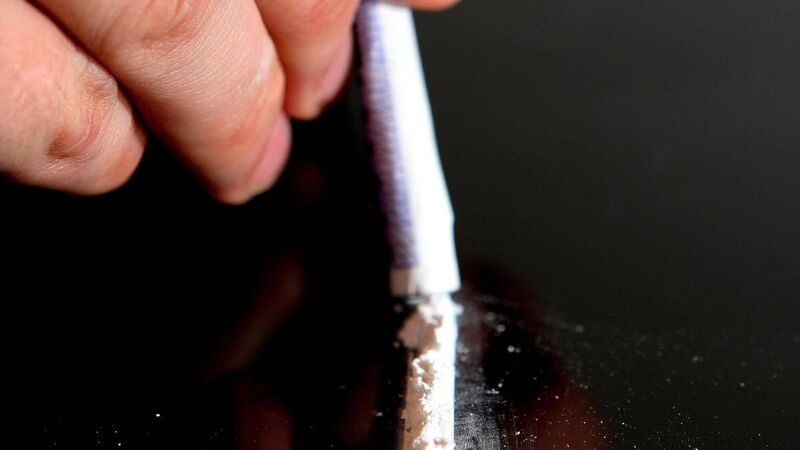Drug use among students on the rise, study shows

Cocaine is now the second-most common drug used by students, after cannabis. Picture: Stock
- Over one in two students used drugs at some stage in their life.
- Over one in three students used drugs within the past year.
- One in four males and one in six females used drugs within the past month.
- Cocaine is now the second-most common drug used by students, after cannabis.
- Just less than one in six students used cocaine at least once in the previous year, Cocaine use is averaging at about once monthly for one in ten students.
- Over one in two of those using drugs monthly are at moderate or substantial risk of harm.
- One in two drug users reported they would not like to reduce their drug use.
COVID-19 saw a net reduction in levels of drug use; one in four students increasing their use, one in three reducing the use, and the rest remaining unchanged.
Over one in twenty students describe themselves as having had a drug or alcohol problem.







 App?
App?




